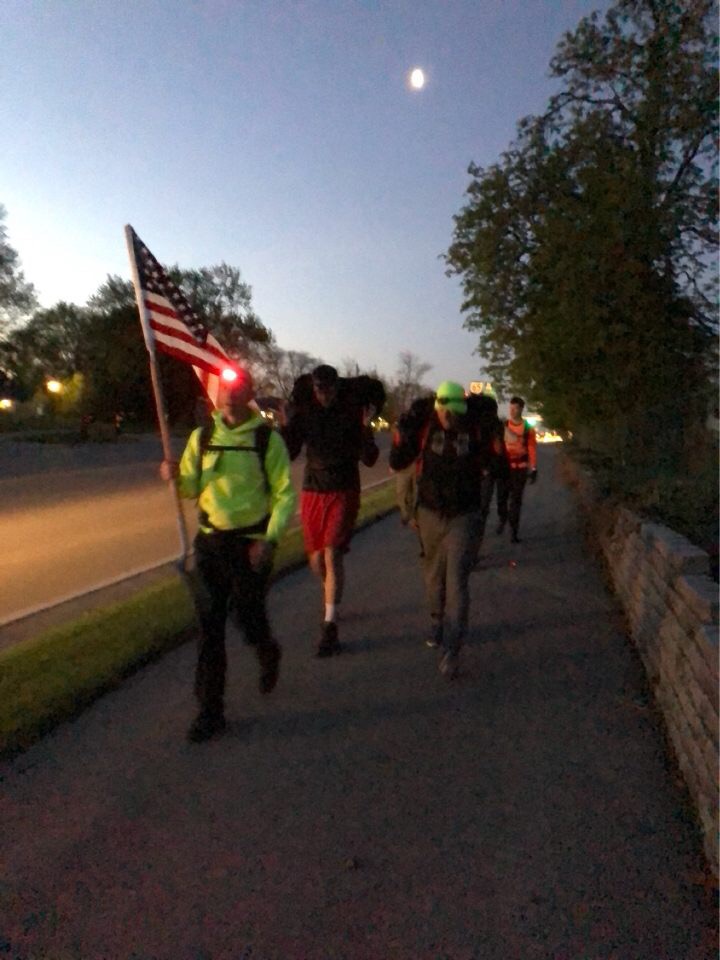One part Fitness, one part Intellectual, mix in some Fellowship and you have a calorie burn for the body that fuels the soul. Throw some weight in a ruck sack, head off on a 2-3 mile hike while your mind is led through Q source material straight from the creators of F3 and other leadership development programs.

Leave a Reply to Geppetto Cancel reply